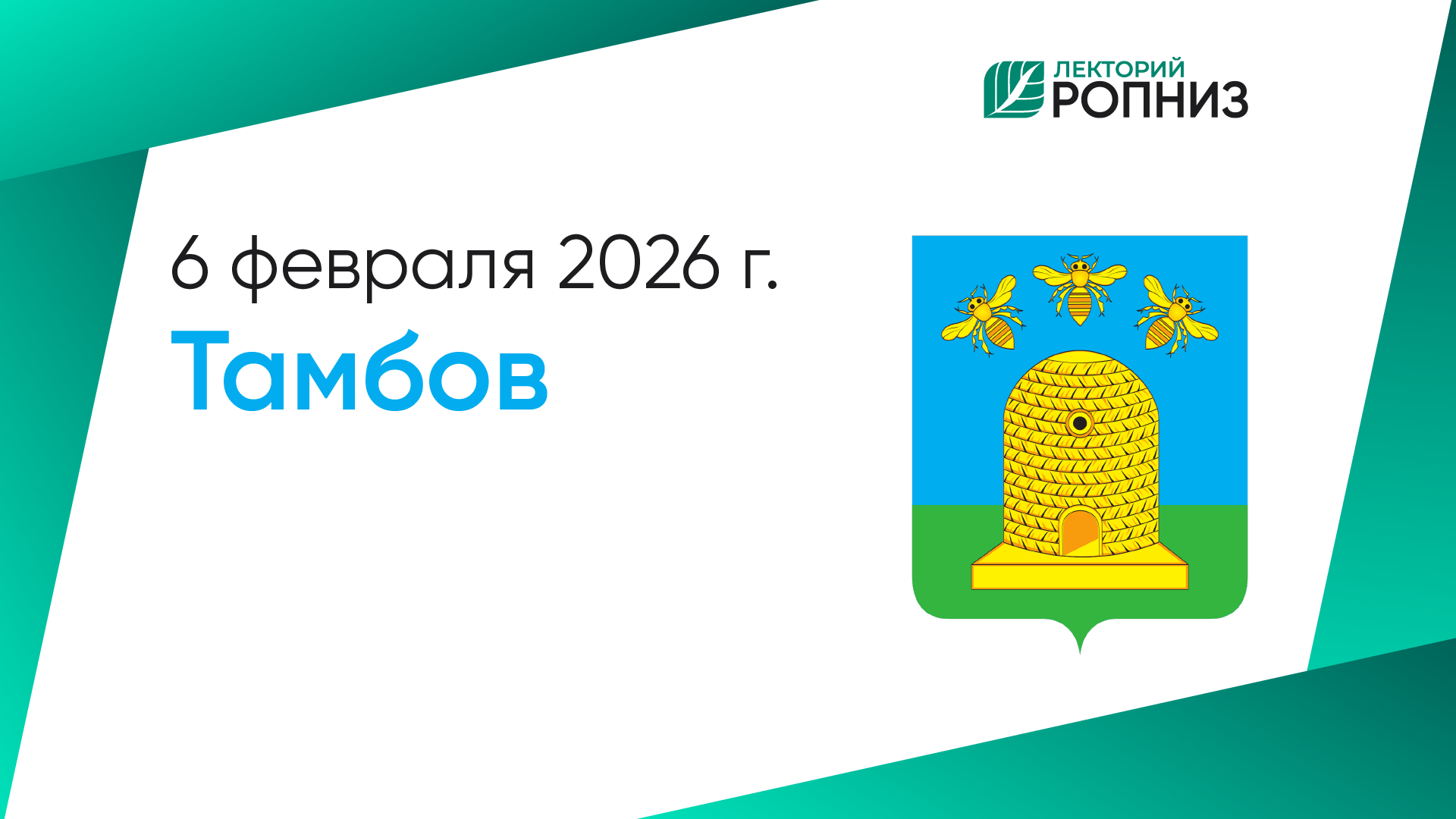Emotional competencies as a factor in maintaining the mental health of medical workers
https://doi.org/10.15829/1728-8800-2023-3610
EDN: PDXKSL
Abstract
Aim. To study the protective role of emotional competencies (ECs) in maintaining the mental health of medical workers.
Material and methods. The sample consisted of 170 medical workers. Methods for assessing the level of emotional burnout and empathic abilities by V. V. Boyko, emotional intelligence by D. V. Lyusin, the style of behavior self-regulation by V. I. Morosanova, the differential type of reflection by D. A. Leontiev, the neuroticism by K. K. Yakhin, D. M. Mendelevich. The following statistical methods were used: correlation analysis (Pearson r-test), hierarchical factor analysis.
Results. Reliable two-way correlations were determined between a wide range of individual symptoms of emotional burnout and neuroticism, which are manifestations of mental illness, and the characteristics of the emotional intelligence of medical workers. Based on factor analysis of self-regulation parameters, empathy, reflection and emotional intelligence, 4 ECs were identified: intrapersonal areflexive Ego-centered, intrapersonal infantile, regulative, intrapersonal reflexive. We determined that in mentally healthy medical workers, the regulative ECs are most pronounced. Employees with the early stage mental illness simultaneously present intrapersonal ECs that are multidirectional in terms of reflexivity (areflexive Ego-centered and reflexive). Mentally unhealthy medical workers were found to be unformed in all ECs.
Conclusion. The positive relationships identified in the study between regulative mature intrapersonal and interpersonal ECs and a favorable mental health of medical workers suggest the need to develop training programs for ECs as a factor in maintaining the mental health of medical workers.
About the Authors
I. V. BelashevaRussian Federation
Stavropol
M. I. Plugina
Russian Federation
Stavropol
M. L. Esayan
Russian Federation
Stavropol
N. V. Osipova
Russian Federation
Stavropol
References
1. Holmogoroma AB, Garanyan NG. Principles and skills of mental hygiene of emotional life. Psihologiya motivacii i emocij: uchebnoe posobie. Eds. YUB. Gippenrejter, MV. Falikman. M. "AST". 2009:575-83. (In Russ.)
2. Tarabakina LV. Emotional health as a subject of socio-psychological research. Teoriya i praktika obshchestvennogo razvitiya. 2015;8. (In Russ.)
3. Andreeva IN. Emotional Intelligence: Exploring the Phenomenon. Voprosy psihologii. 2006;3:78-86. (In Russ.)
4. Goulman D. Emotional intelligence [transl. from English]. Moskva. AST. 2008;478. (In Russ.) ISBN: 978-5-17-039134-9.
5. Vodop’yanova NE. Syndrome of mental burnout in communicative professions. In. Health psychology. SPb., 2000:443-63. (In Russ.)
6. Bojko VV. Diagnostics of the level of emotional burnout. Practical psychodiagnostics. Methodology and tests. Samara: Bahrah. M, 2001. p. 161-9. (In Russ.) Б
7. Bojko VV. The energy of emotions in communication: a look at yourself and others. M: Informacionno-izdatel’skij dom "Filin", 1996. р. 472. (In Russ.)
8. Lyusin DV. A New Method for Measuring Emotional Intelligence: the EmIn Questionnaire. Psihologicheskaya diagnostika. 2006;4:20-2. (In Russ.) Л
9. Morosanova VI, Konoz EM. Stylistic self-regulation of human behavior. Voprosy Psychologii. 2000;2:118-27. (In Russ.)
10. Mendelevich VD. Psychology of deviant behavior. SPb.: Rech’, 2005. р. 445. (In Russ.)
11. Leont’ev DA, Osin EN. Reflection "good" and "bad": from an explanatory model to differential diagnosis. Psihologiya. ZHurnal vysshej shkoly ekonomiki. 2014;11:4:110-35. (In Russ.)
12. Grigor’eva PM, Sapozhnikova EE. Burnout and Emotional Intelligence in Healthcare Workers: An Empirical Study. Mezhdunarodnyj nauchno-issledovatel’skij zhurnal. 2021;7-2(109):133-7. (In Russ.) doi:10.23670/IRJ.2021.109.7.060.
13. Pronicheva MM, Bulygina VG, Moskovskaya MS. Modern studies of the syndrome of emotional burnout among specialists in the professions of the social sphere. Social’
14. Năstasă LE, Fărcaş AD. The Effect of Emotional Intelligence on Burnout in Healthcare Professionals. Procedia. Social and Behavioral Sciences. 2015;187:78-82.
15. Belasheva I, Yesayan M, Polshakova I, et al. On the Role of the Brain Asymmetry Profile in the Implementation of Emotional Competence in Stroke Patients. Journal of Pharmaceutical Sciences and Research. 2018;10:9:2134-41.
16. Kachaeva MA, Serdakova KG. Emotional burnout and emotional intelligence of psychiatrists and forensic psychiatrists: diagnosis and prevention. Vestnik Ekaterininskogo instituta. 2015;1(29):92-4. (In Russ.)
17. Molchanova LN, Blinova KV. Relationships between emotional intelligence and mental burnout of medical volunteers in the context of professionally oriented volunteer activities. Proceedings of the Southwestern State University. Series: Linguistics and Pedagogy. 2021;11:3:181-93. (In Russ.)
- The occurrence of mental illness manifestations (symptoms of emotional burnout and neuroticism) was determined and their relationship with emotional intelligence in a group of medical workers was identified.
- The system of emotional competencies based on factor analysis of self-regulation, empathy, reflection and emotional intelligence was empirically identified and described.
- The protective role of intrapersonal and interpersonal emotional competencies with a mature regulatory component of behavior and activity in maintaining the mental health of medical workers
Review
For citations:
Belasheva I.V., Plugina M.I., Esayan M.L., Osipova N.V. Emotional competencies as a factor in maintaining the mental health of medical workers. Cardiovascular Therapy and Prevention. 2023;22(2S):3610. (In Russ.) https://doi.org/10.15829/1728-8800-2023-3610. EDN: PDXKSL
JATS XML

























































